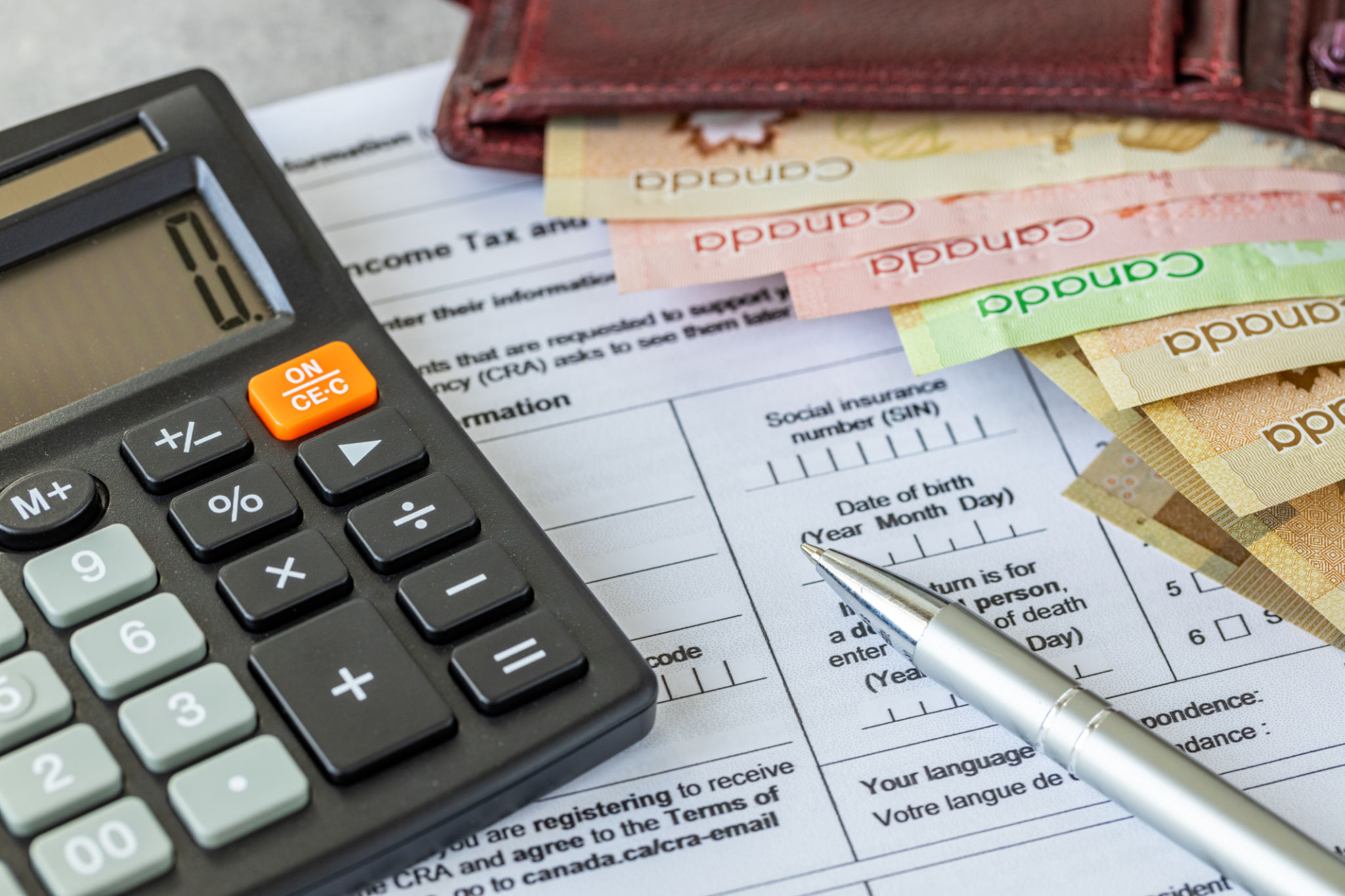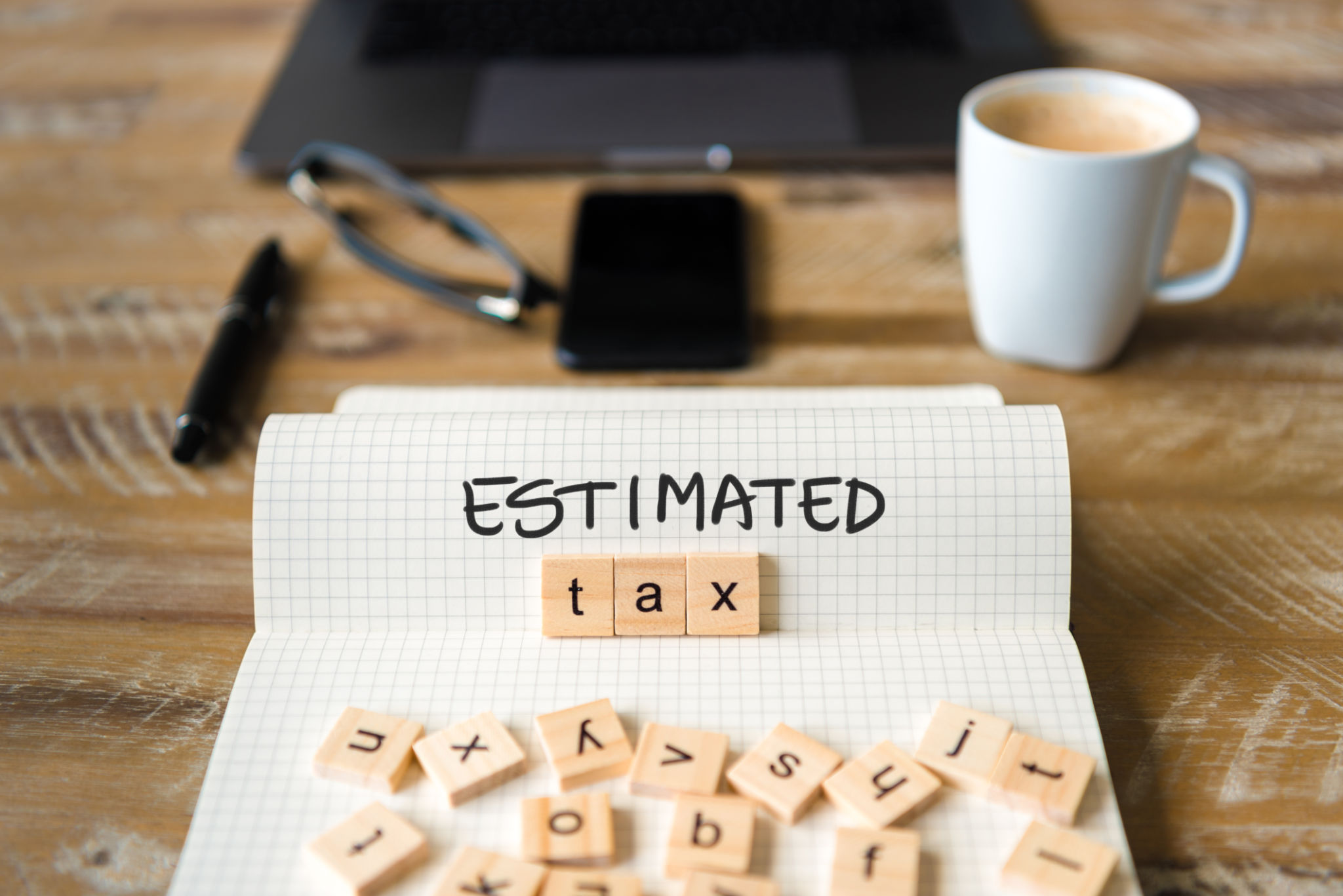Top Strategies for Filing Unfiled Tax Years and Avoiding Penalties
Understanding the Importance of Filing Unfiled Tax Years
Filing taxes for unfiled years can be a daunting task, but it's crucial to address them promptly to avoid potential penalties and interest. The IRS expects taxpayers to file a tax return for each year they earn income, regardless of whether they owe taxes or expect a refund. Failing to do so can result in penalties, interest, and even legal action.

Gathering Necessary Documents
Before you begin the process of filing your unfiled tax returns, it's important to gather all necessary documents. This includes W-2s, 1099s, and other income statements for the years in question. Additionally, collect any relevant deductions and credits to ensure you maximize your potential refunds or reduce your tax liability.
If you are missing any documents, you can request a transcript from the IRS, which provides a summary of your income and tax information for previous years. This will help you accurately report your income and deductions.
Consulting a Tax Professional
While it is possible to file unfiled tax returns on your own, consulting with a tax professional can be highly beneficial. They have the expertise to navigate complex tax laws and can help you identify all eligible deductions and credits. Moreover, they can represent you before the IRS if any issues arise.

Filing Your Unfiled Tax Returns
Once you have gathered all necessary documents and consulted with a professional, it's time to file your unfiled tax returns. This process involves completing the appropriate tax forms for each unfiled year. Ensure that all information is accurate and up to date to avoid further complications.
If you owe taxes, it's important to pay them as soon as possible to minimize penalties and interest. The IRS offers various payment plans and options to help taxpayers manage their liabilities effectively.
Strategies to Avoid Penalties
One of the most effective ways to avoid penalties is by filing your taxes on time. If you're unable to pay the full amount owed, consider setting up an installment agreement with the IRS. This allows you to pay off your tax debt over time while staying compliant with tax laws.

Seeking Penalty Abatement
If you've already incurred penalties for unfiled tax years, you may be eligible for penalty abatement. The IRS offers several programs that provide relief from penalties under certain circumstances. These include reasonable cause relief, first-time penalty abatement, and administrative waivers.
Consulting a tax professional can help determine if you qualify for any of these programs and assist in the application process.
Staying Compliant in the Future
Once you've addressed your unfiled tax years, it's important to remain compliant with future tax obligations. This means filing your taxes on time every year and keeping accurate records of your income and expenses. Consider using tax preparation software or hiring a professional to ensure accuracy and avoid future issues.
By staying organized and proactive, you can prevent the stress and financial burden associated with unfiled tax years.
Conclusion
Addressing unfiled tax years may seem overwhelming, but taking action is essential to avoid penalties and interest. By gathering necessary documents, consulting a professional, and filing accurate returns, you can resolve your tax issues and maintain peace of mind. Implementing these strategies will help ensure compliance with tax laws and protect your financial well-being.
